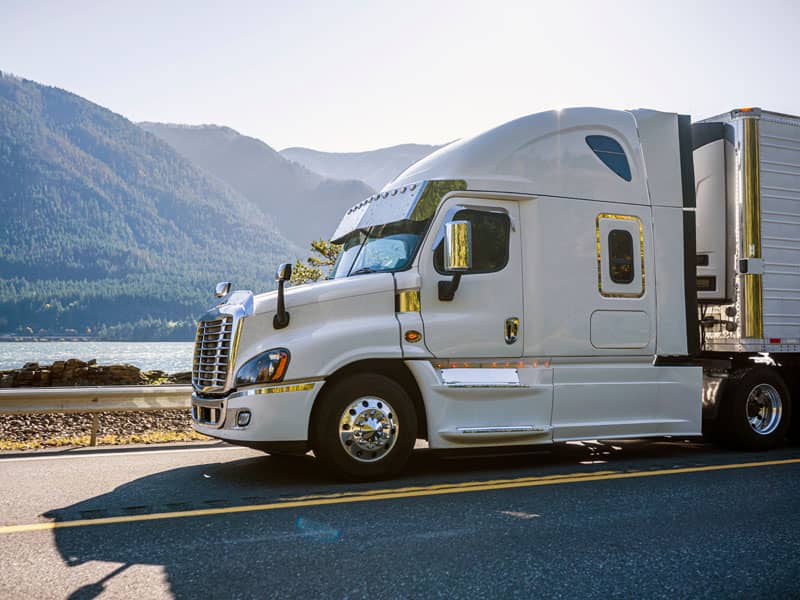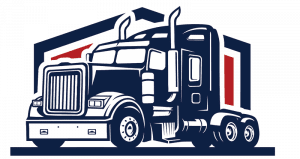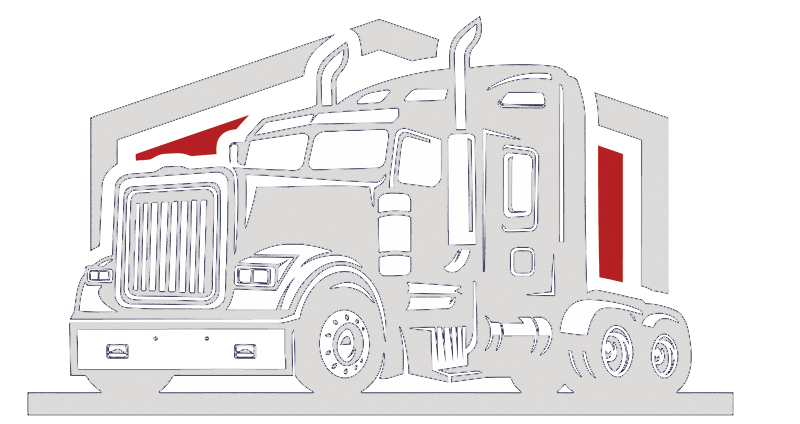
Exploring Over the Road Trucking: What It Is, How It Works, and Why You Should be an OTR Driver
Are you wondering what over the road trucking is all about? You’ve come to the right place. As an experienced expert in this field, I’m here to give you a comprehensive overview of everything related to OTR trucking. This article will provide insight into the job duties, salary expectations, and other benefits associated with being an over-the-road trucker. It’s time for you to learn more about this rewarding career path!
The life of an over-the-road (OTR) trucker can vary greatly depending on experience level and employment status. Whether you’re just starting out or have been driving for years, there are many things that make this profession unique. From long hours behind the wheel to navigating complex routes while managing heavy loads, OTR drivers must possess strong problem solving skills and adaptability in order to be successful. With these qualities comes potential financial gain – OTR truckers often earn higher salaries than their peers who work within local areas due to the longer distances they travel on each trip.
In addition to financial compensation, many individuals find great satisfaction in becoming an OTR driver because it allows them the opportunity to explore different parts of the country while getting paid for it! The open roads become your office as you traverse through various climates, cultures and landscapes – delivering goods across America’s vast highways. If you enjoy adventure and variety then consider taking up a career in over-the-road trucking; it could be one of the most rewarding experiences of your life!
Definition Of Over The Road Trucking
Over the road trucking is a form of transportation where goods are shipped long distances, typically over 200 miles or more. It’s commonly referred to as OTR and involves transporting items from one place to another via tractor-trailers or other heavy duty trucks. This type of shipping requires specialized skills and knowledge in order to ensure that the shipments arrive safely and on time. The drivers who perform this job must be knowledgeable about the load they are carrying, including weight limits, routes, regulations and delivery schedules.
OTR is an important part of today’s logistics industry because it allows companies to move large amounts of goods efficiently across vast distances. Companies can benefit from using OTR by reducing shipping costs and streamlining their supply chain operations. It also enables them to reach customers quickly regardless of location with minimal disruption. As such, understanding the definition of over the road trucking is essential for businesses seeking reliable freight transport solutions.
Requirements And Qualifications To Be An Otr Driver
Over the road trucking (OTR) is a unique and rewarding career that requires specific qualifications. To become an OTR driver, one must meet certain requirements and possess specific skills to be successful on the job.
First-and foremost, an OTR driver needs at least a Class A Commercial Driver’s License (CDL). This license serves as proof of having passed tests for knowledge of highway safety regulations, air brakes certification, and other applicable laws. It also indicates that the individual has received proper training in vehicle operation and maintenance. In addition to obtaining this license, potential drivers need to have several years of verifiable experience driving long distance trucks over 100 miles from home base.
Good physical health is another essential characteristic for anyone considering OTR work; it’s important to have enough stamina and strength to remain alert while behind the wheel for extended periods of time. Drivers should also demonstrate strong communication skills since they will interact with customers along their route as well as fellow workers in the office or warehouse where they deliver goods. Finally, those interested in becoming an OTR driver should develop solid organizational abilities so they can stay on top of their paperwork and keep track of all important documents related to their trips.
In summary, becoming an OTR driver involves meeting established criteria such as obtaining a CDL certificate, acquiring valid trucking experience, demonstrating good physical health, showing proficiency in communication tasks and exhibiting organization acumen. With dedication and hard work these goals are achievable!
The Benefits Of Being An Otr Driver
Being an over the road trucker offers a number of substantial benefits. Take John, for example, who has been an OTR driver since he graduated from high school six years ago. He started with short-haul routes and eventually worked his way up to long-distance hauls that take him across the country. Through hard work and dedication, John has seen tremendous career advancement and now makes more money than ever before while having the opportunity to travel all around the country.
In addition to career advancement opportunities, being an OTR driver can also provide job security in this uncertain economic climate. With so much competition out there for jobs these days, it is comforting to know that you have a secure role as an over the road trucker. Furthermore, many companies offer competitive financial incentives to experienced drivers which helps them save up for retirement or other major expenses.
The life of an OTR driver can be incredibly rewarding due to its unique combination of job security, travel-opportunities, and financial-incentives.
Challenges Faced By Otr Drivers
Being an over the road truck driver is no easy feat. It comes with a unique set of challenges that require careful consideration and management if one wants to maintain a successful career in this field. The trucking lifestyle, while rewarding, can be quite demanding as it involves long-distance hauling under strict road regulations. Fatigue management is essential for those wanting to stay safe on the roads and ensure financial stability.
In order to successfully navigate these obstacles, OTR drivers must have knowledge about applicable laws related to their profession and develop strategies for fatigue prevention such as taking regular breaks throughout the day or by finding alternative sources of income when off duty. Additionally, they should familiarize themselves with proper maintenance procedures which involve inspecting trucks before each shift and making sure all necessary documents are filled out properly. Finally, implementing adequate safety measures like using GPS tracking devices or maintaining communication with family members during trips will help protect them from hazardous situations while away from home.
As you can see, navigating through the world of over the road trucking requires dedication and commitment in order for drivers to remain successful, both professionally and personally. Therefore, having sound knowledge about relevant policies, legal requirements, and safety protocols is crucial towards achieving success in this particular profess
Frequently Asked Questions
Conclusion
Over the road trucking is an exciting career that can be incredibly rewarding. It’s a great way to see the country, and make decent money doing it. The training required may seem daunting at first, but with dedication and hard work, you can get your commercial license in no time. Plus, once you have your license, you won’t need any fancy equipment – just yourself and a good attitude! As for hours, OTR drivers typically work long days, but they also enjoy plenty of downtime between loads.
Finding OTR driving jobs isn’t always easy; however there are many resources available to help point you in the right direction. From job boards to recruitment agencies and more – if you’re looking to pursue a career as an over the road driver then take advantage of all these options so you can start racking up those miles ASAP.
I’ve been an OTR driver for years now and I can confidently say it’s one of the most satisfying careers out there. You’ll meet new people every day, travel across this amazing nation, and earn a respectable wage along the way – what could be better? So don’t wait another minute – work for Mail Links Logistics and hit the open road today!

